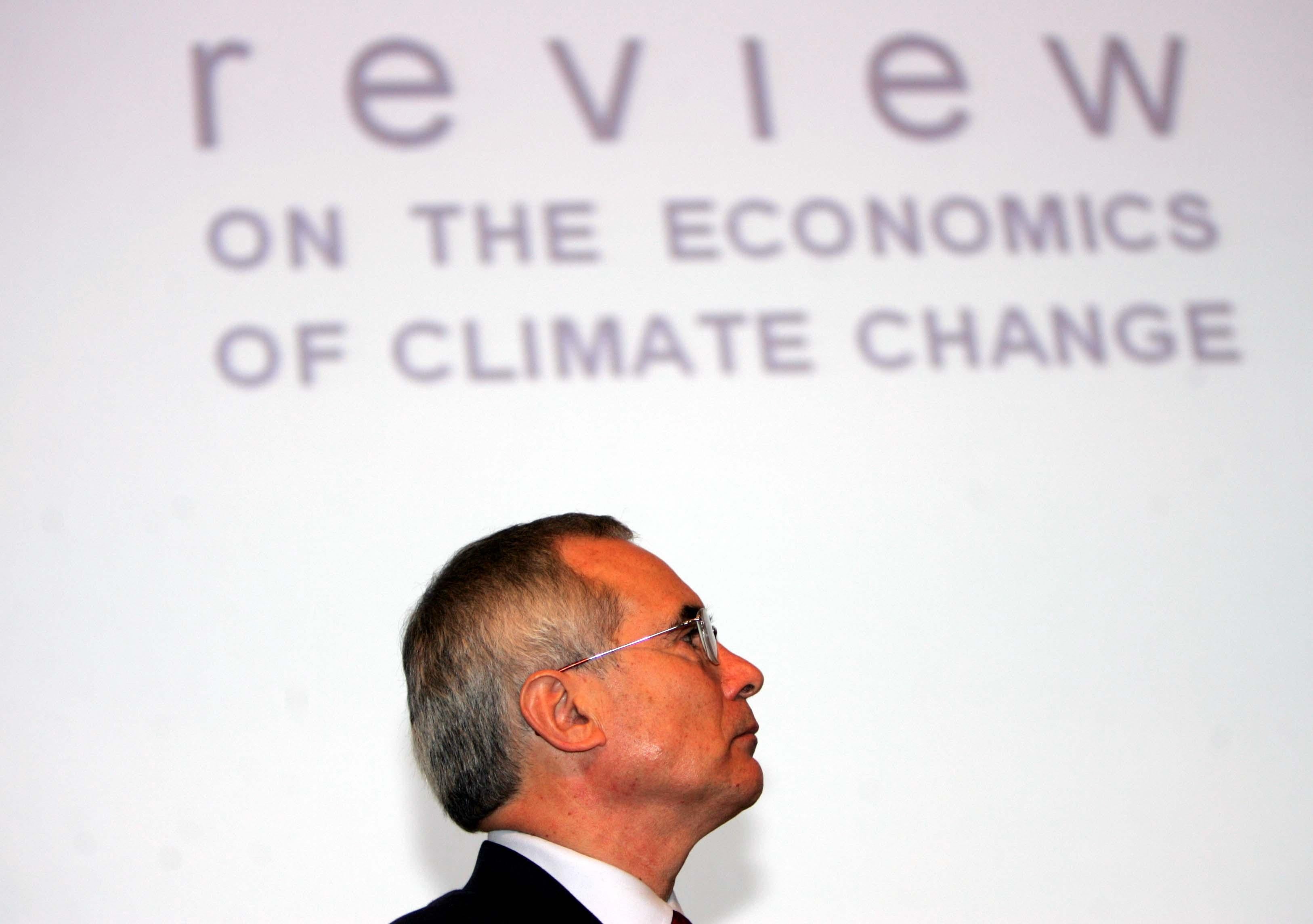Net zero push ‘will bring biggest peacetime changes to global economy’
Economist Nicholas Stern wrote an influential report 15 years ago into climate change.

Your support helps us to tell the story
From reproductive rights to climate change to Big Tech, The Independent is on the ground when the story is developing. Whether it's investigating the financials of Elon Musk's pro-Trump PAC or producing our latest documentary, 'The A Word', which shines a light on the American women fighting for reproductive rights, we know how important it is to parse out the facts from the messaging.
At such a critical moment in US history, we need reporters on the ground. Your donation allows us to keep sending journalists to speak to both sides of the story.
The Independent is trusted by Americans across the entire political spectrum. And unlike many other quality news outlets, we choose not to lock Americans out of our reporting and analysis with paywalls. We believe quality journalism should be available to everyone, paid for by those who can afford it.
Your support makes all the difference.The push to make the global economy green will need the biggest economic transformation ever seen in peacetime, but is possible while maintaining economic growth, an influential economist is set to say.
Nicholas Stern chair of the Grantham Research Institute on Climate Change, will say decarbonising and growing the economy do not need to race each other and that cleaner investment can drive sustainable growth.
The economist is best known for his Treasury-sponsored review into the costs of climate change 15 years ago.
At a speech to mark the anniversary of his review at the London School of Economics and Political Science, Lord Stern will say: “The drive for net zero emissions will result in the biggest and most fundamental transformation in the global economy that has ever occurred during peacetime.
“This will not be a narrow horse race between economic growth and decarbonisation. The new and cleaner investment and innovation can drive sustainable, resilient and inclusive growth.
“This growth will be more resource-efficient, more productive and healthier, and will offer greater protection to our biodiversity.
“The new challenge is how to foster greater innovation and creativity, and to recognise and create the key mechanisms and dynamics of change.”
Lord Stern’s comments come less than a week after the Treasury published a report which said it would be more costly to do nothing than to invest in combating climate change.
Can we just say goodbye and say this is no business of ours?
The UK will face some declining tax bills from road and fuel taxes as drivers switch to electric cars, it added. However, changes can be made to plug this gap, it added.
“The costs of global inaction significantly outweigh the costs of action” to tackle climate change, it said.
Next week world leaders will meet in Glasgow to discuss global efforts to tackle climate change.
Cop26 presenter Sir David Attenborough warned those leaders planning to attend to act immediately, adding that the richest nations have “a moral responsibility” to help those most affected by rising temperatures and seas.
Sir David told BBC News of a future with climate refugees, saying: “We caused it – our kind of industrialisation is one of the major factors in producing this change in climate. So we have a moral responsibility.
“Even if we didn’t cause it, we would have a moral responsibility to do something about thousands of men, women and children who’ve lost everything, everything. Can we just say goodbye and say this is no business of ours?”
At the summit, Lord Stern will call on economists to better recognise the impact that climate change might have on those who will have to deal with the worst of its effects.
“Economists have grossly undervalued the lives of young people and future generations who are most at threat from the devastating impacts of climate change,” he will say.
Looking back on the publication of his report 15 years ago, Lord Stern will say: “The science has become ever more worrying while technology has become more promising.
“Both of these should have created pressure to reduce annual global emissions substantially between 2006 and 2019. So why did they rise instead by almost 20%?”
“While many developed countries have slightly reduced their annual emissions over this period, many emerging market countries have increased their emissions.”